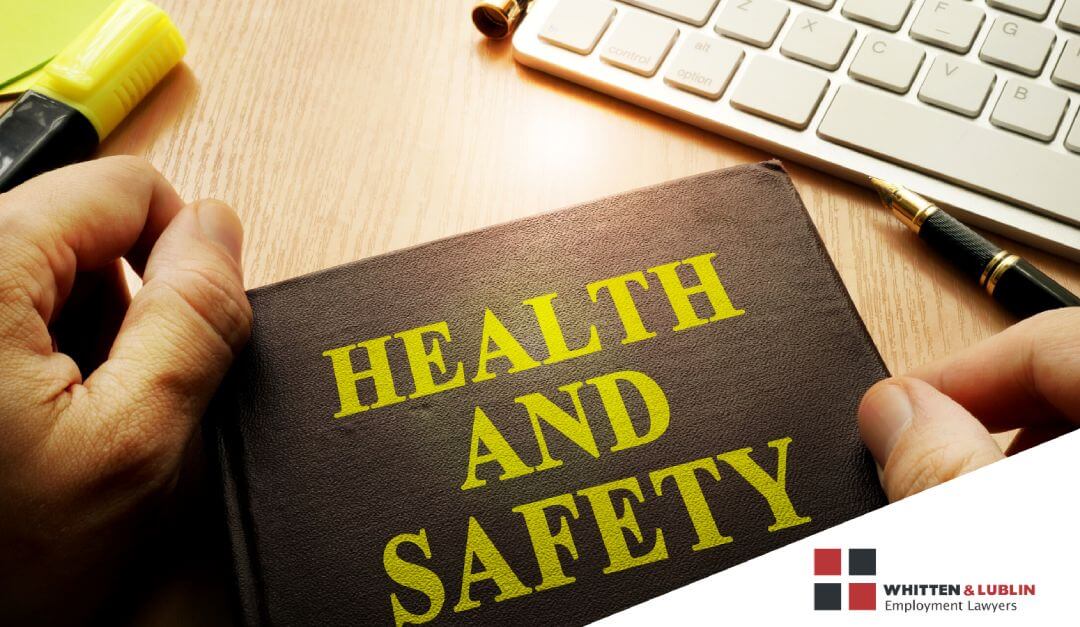
Health and Safety in the Workplace: Heat-related Illness
During the summer months, it is important that workers required to work outside or in confined spaces with poor ventilation are provided reasonable measures to prevent heat-related illness. This is especially the case for workers required to wear heavy Personal Protective Equipment (PPE) or clothing. There is no specific regulations for heat-related illness, however, the Occupational Health and Safety Act (OHSA) requires employers to provide competent supervisors, and take every reasonable precaution in any given circumstance. This extends to extreme weather conditions such as heat warnings and high humidity.
For instance, in times of high temperatures, supervisors/managers should take reasonable measures such as mandatory cooling-off periods, providing accessible hydration (for example, water coolers or bottles), reducing the pace of work, assigning harder work for cooler parts of the day, and monitoring weather alters. Workers should also be provided training on the health effects and prevention of heat-related illness. Although not required, it is advisable for employers to create a heat stress prevention program that addresses the aforementioned reasonable measures, thus ensuring due diligence as required under the OHSA.
Ultimately, if workers feel that they are suffering from a heat-related illness in times of extreme heat, the right to refuse unsafe work would apply. This is a fundamental right of workers under the OHSA, and workers exercising this right in good faith cannot face reprisal. Once refusal is made known to a supervisor/manager, there must be an immediate investigation by the supervisor on-site; ultimately, if the worker making the refusal is unsatisfied with the remedies implemented, the worker, worker representative or employer must call the Ministry of Labour and an inspector will be appointed.



